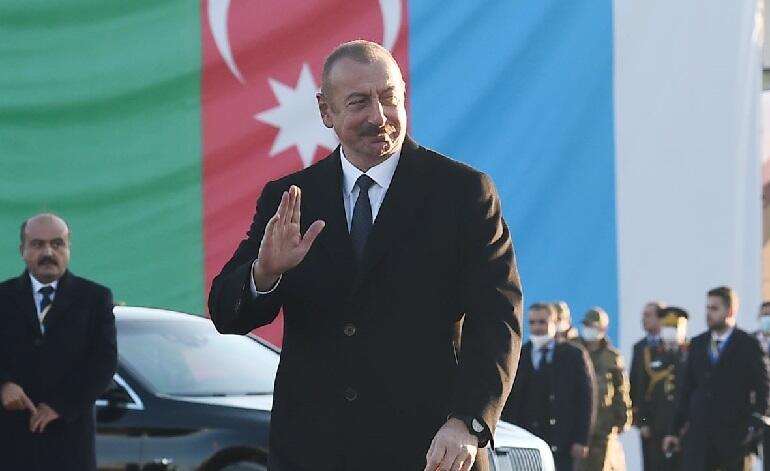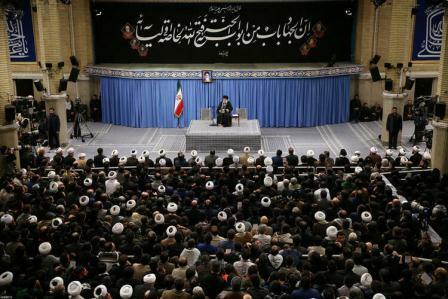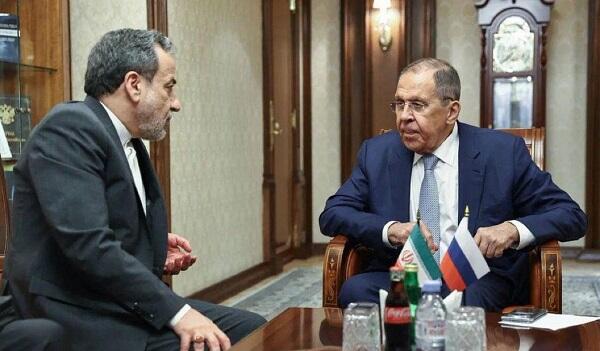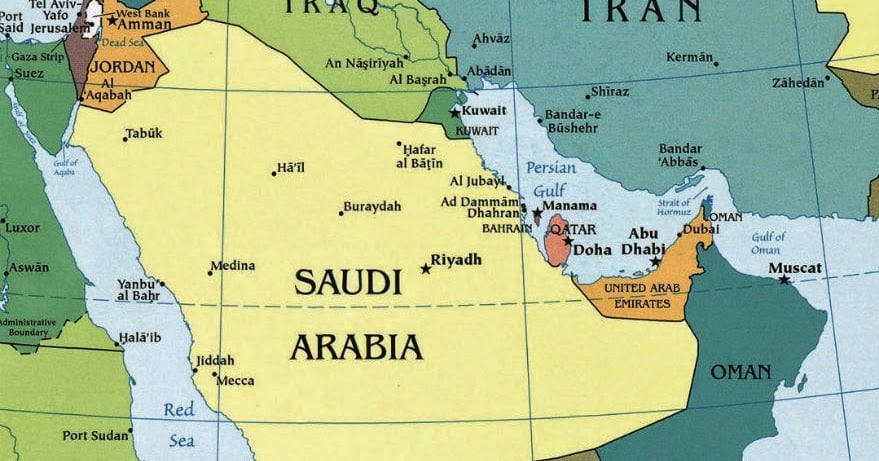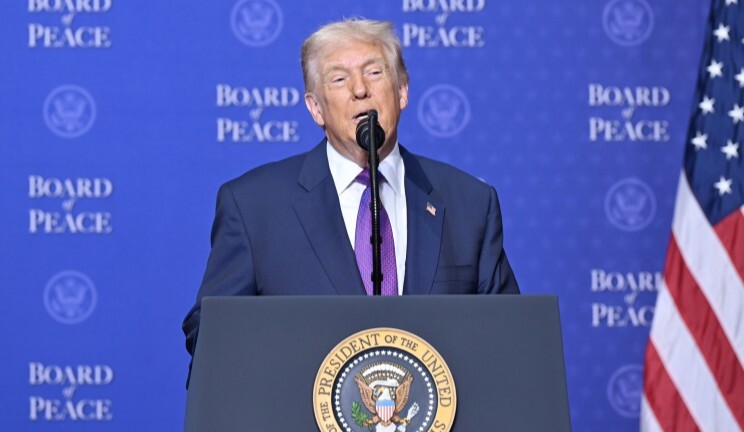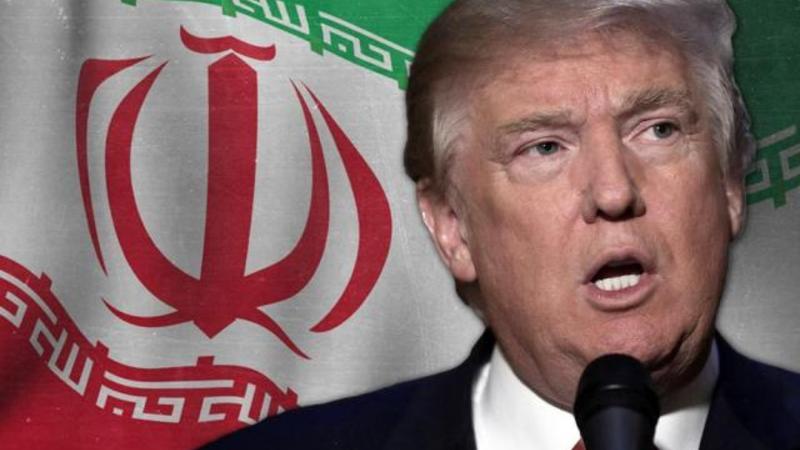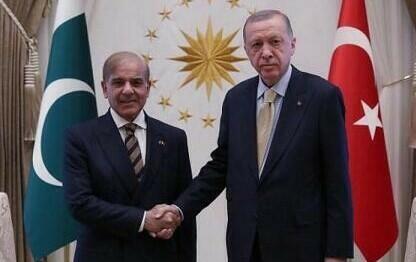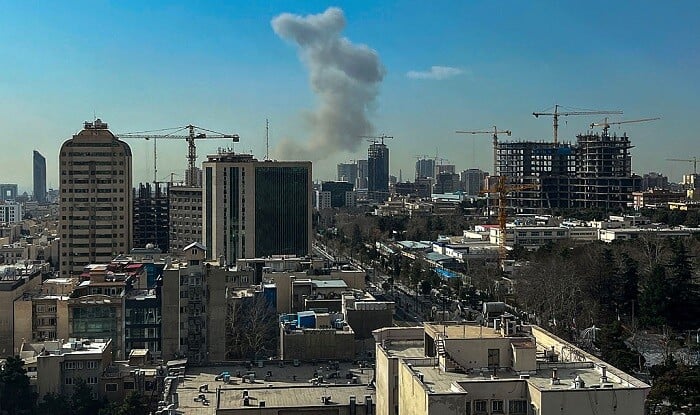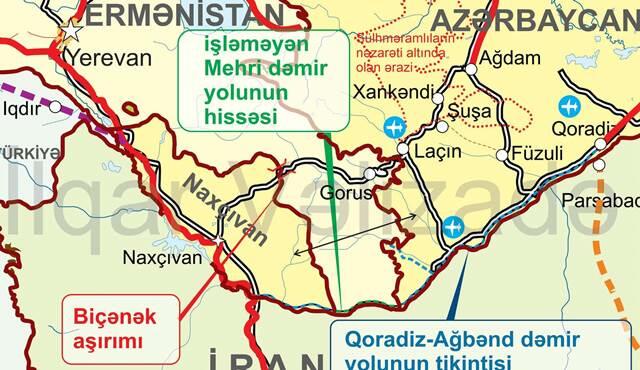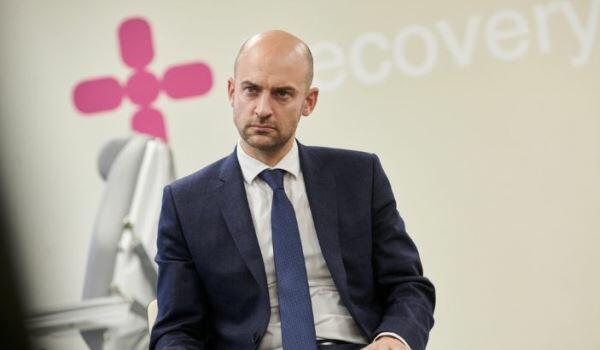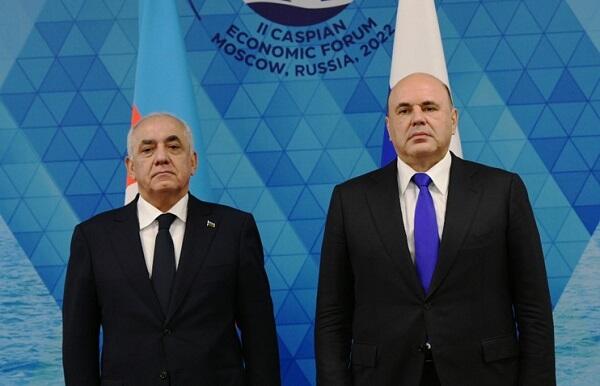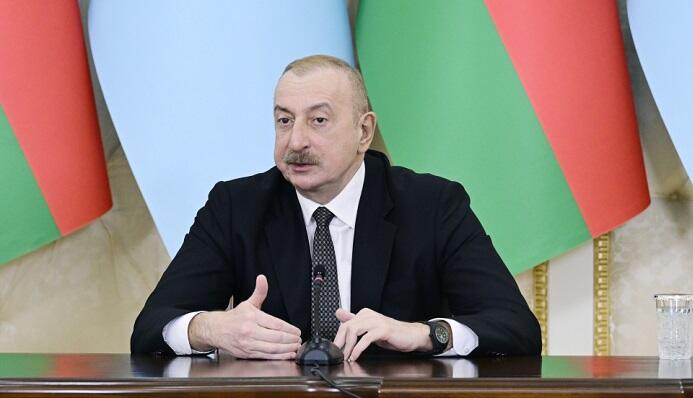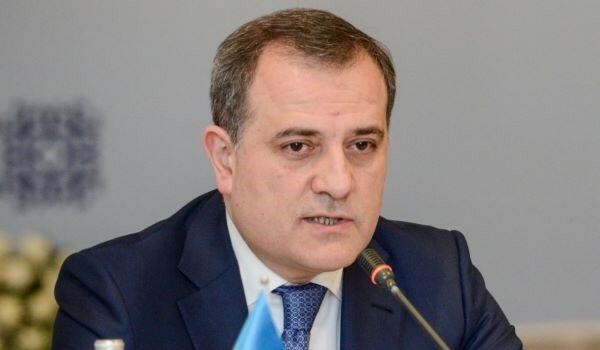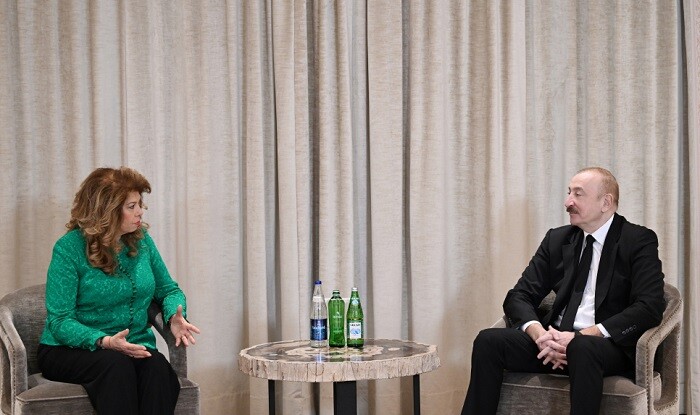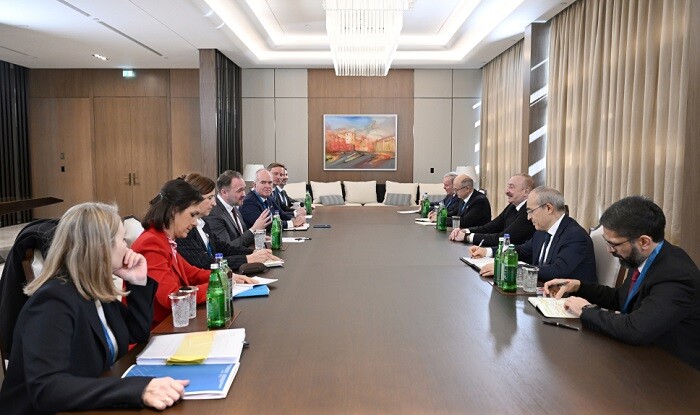2021.11.28, 16:13
The Zangezur Corridor is the Economic Cooperation Organization’s (ECO) most strategic project. According to the expert, it can facilitate Afghanistan’s, the Central Asian Republics’, and Pakistan’s access to the massive EU marketplace.
Axar.az reports this was stated by American political analyst Andrew Korybko.
"They can still reach that bloc through the Azerbaijan-Georgia-Turkey trade corridor upon shipping their goods across the Caspian Sea, but the Zangezur Corridor can reduce the cost and time. Furthermore, its expanded usage would send a strong signal of solidarity among the bloc’s members seeing as how this project is the most important in Azerbaijan’s history" the expert says.
According to Korybko, Iran has been trying to present its North-South Transport Corridor (NSTC) with India as a viable alternative for the Central Asian Republics accessing the global marketplace, but America’s threatened unilateral secondary sanctions against those who defy its strict economic and financial restrictions against the Islamic Republic have thus far deterred them from utilizing it. By contrast, no such restrictions are in place with respect to them employing the Zangezur Corridor to that end. Korybko, therefore, believes that this project has enormous potential that must be taken advantage of in order for the ECO’s members to more actively engage with the global economy.
Another point that the American expert makes is that this vision complements China’s and Russia’s multipolar one. He explains that their respective Belt & Road Initiative (BRI) and Greater Eurasian Partnership (GEP) initiatives support the common cause of Eurasian integration, which is advanced through the Zangezur Corridor’s facilitation of this with regards to enhancing Central and South Asia’s economic connectivity with West Asia and the EU. Korybko, therefore, claimed that those who are against this project are against China’s and Russia’s visions. They’re also, according to him, against Armenia’s objective national economic interests and emerging role in multipolarity too.
About that last point, he cited the latest reports about the recent trilateral summit in Sochi from the official Kremlin website to show that Russian President Putin and Armenian Prime Minister Pashinyan agreed with their Azerbaijani counterpart President Aliyev about the need to unblock regional transport corridors. For this reason, nobody can credibly claim the Zangezur Corridor isn’t in any of those three countries’ interests. Those who do so, Korybko claims, are against those countries’ and their partners’ common cause of Eurasian integration. In other words, to oppose the Zangezur Corridor is to promote hostile forces’ divide-and-rule interests in Eurasia.


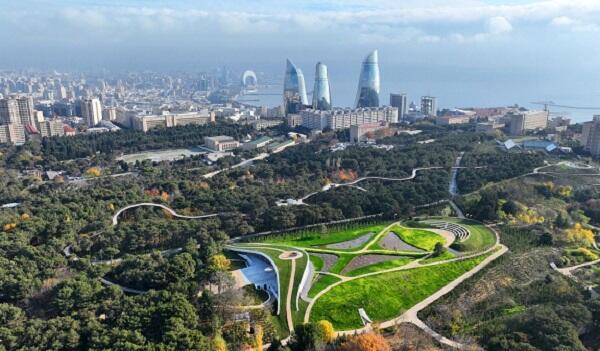

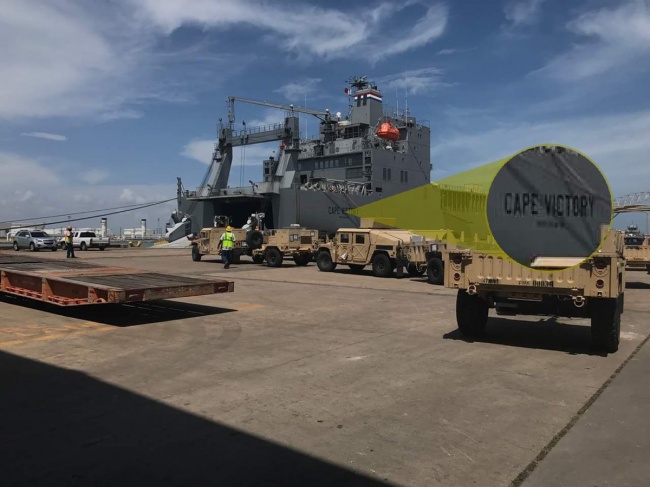
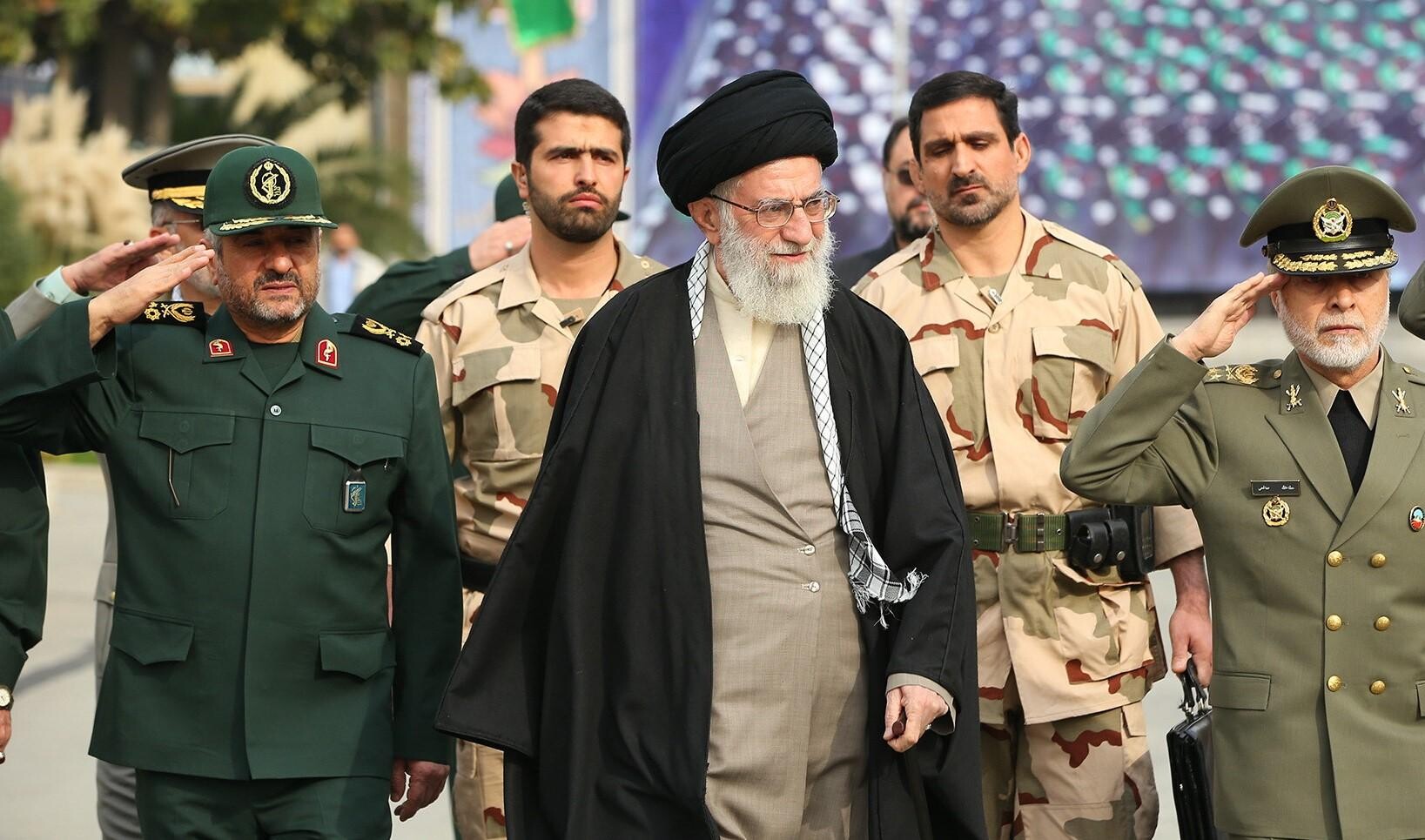


.jpg)
